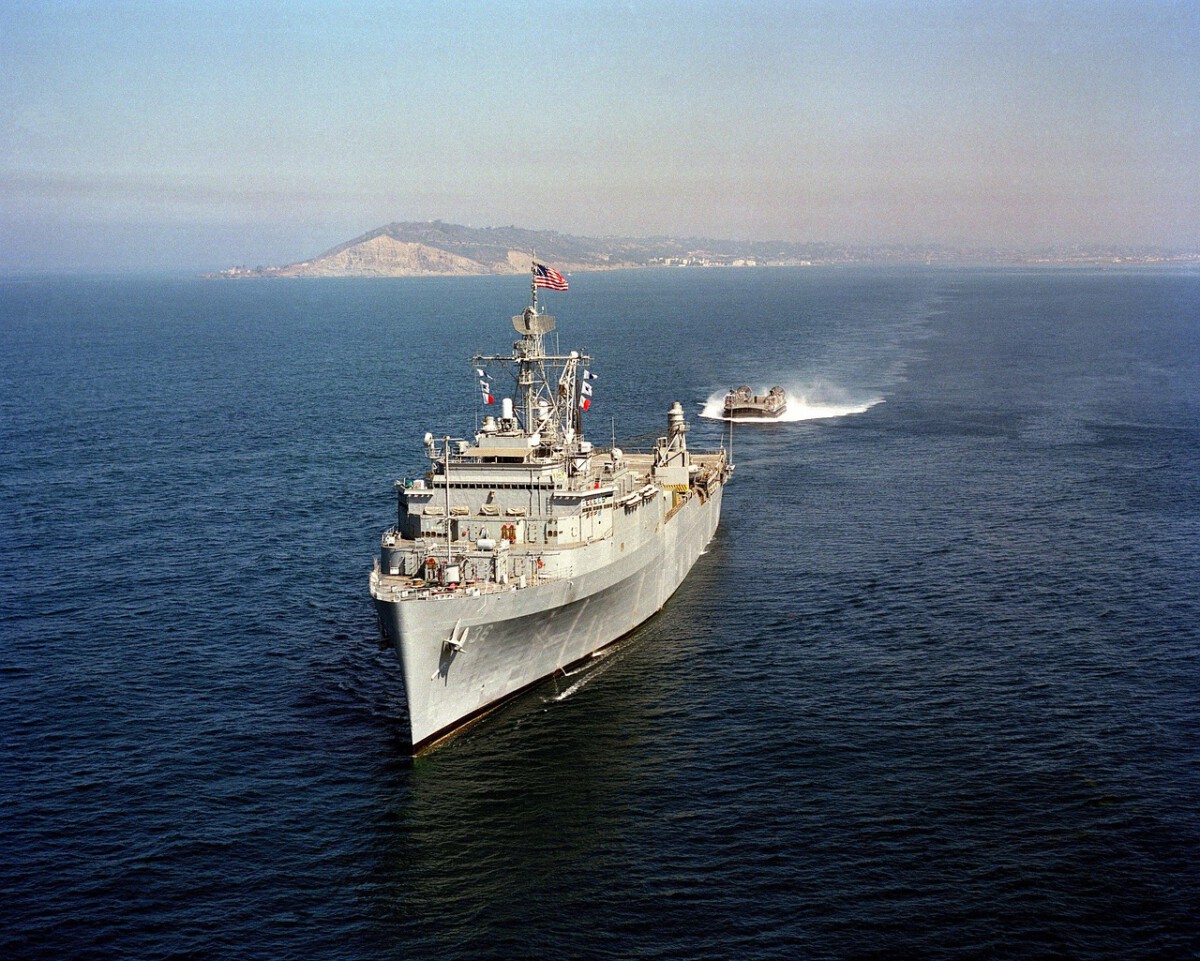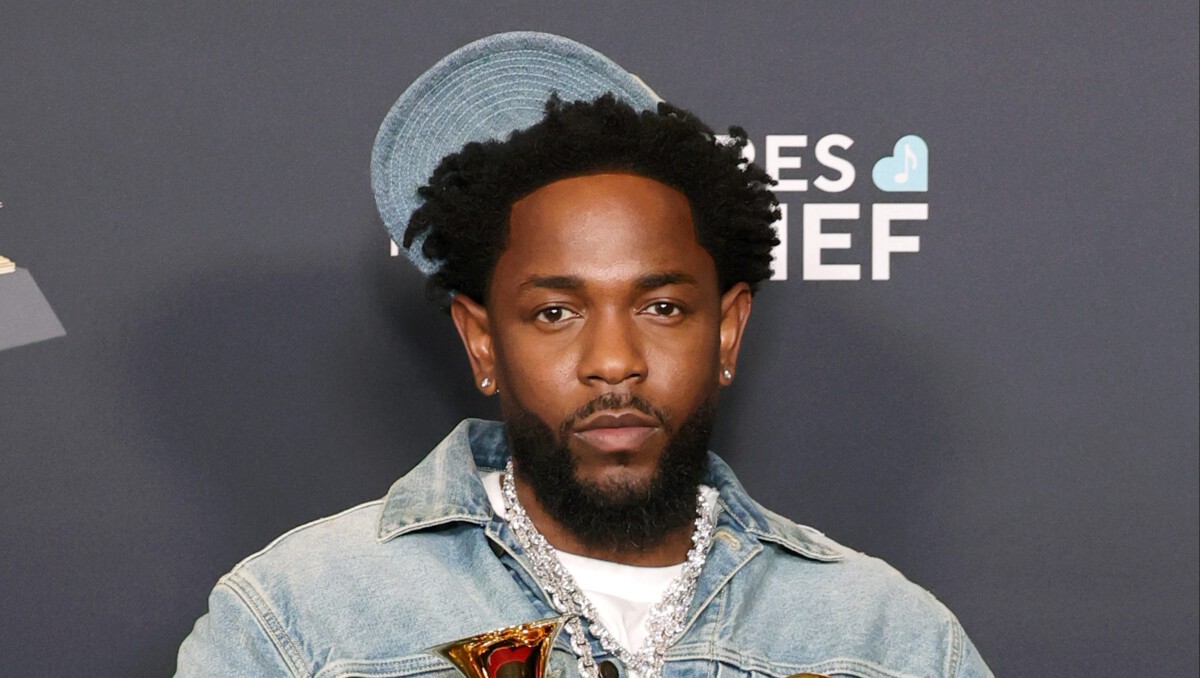
A Sudden Escalation in the Fight Against Drugs (Image Credits: Pixabay)
In the tense corridors of Capitol Hill, whispers of accountability echo louder than the distant rumble of military operations across the sea.
A Sudden Escalation in the Fight Against Drugs
Picture this: U.S. forces unleashing firepower on vessels zipping through Caribbean waters, all in the name of curbing drug flows. It’s a bold move that’s caught everyone off guard. President Trump has ramped up these strikes, claiming they’re essential to dismantle cartel networks flooding American streets with narcotics.
Yet, the pace has been frantic. Just in recent weeks, multiple boats have been targeted, with reports of lives lost in the process. Lawmakers aren’t buying the narrative without proof, and that’s where the pushback begins.
This isn’t just about boats on the water. It’s a test of how far executive power can stretch without congressional checks.
The Spark: Questions Over Evidence and Legality
Here’s the kicker – despite the administration’s tough talk, hard evidence linking these boats to drug smuggling remains scarce. Democrats point out that no solid proof has been shared with Congress to justify the actions. Trump’s team warns cartels they’re next, but without transparency, it feels like shooting in the dark.
International law experts are raising red flags too. Some strikes might cross lines into unauthorized territory, potentially violating treaties. The BBC has highlighted how these operations could be seen as overreach, especially without clear ties to U.S. soil.
Rep. Adam Smith, the ranking Democrat on the House Armed Services Committee, isn’t mincing words. He’s called the whole thing into question, demanding details before more lives are put at risk.
Key Players Stepping Up the Pressure
Adam Smith leads the charge, urging House leadership to reconvene for an urgent hearing. He wants the outgoing commander of U.S. Southern Command to testify, shedding light on the operations. Smith’s move comes amid a sudden retirement announcement from that very commander, adding fuel to the fire.
Other Democrats echo the call. Senate efforts to force a War Powers vote were blocked by Republicans, but the frustration simmers. Figures like Sen. Tim Kaine had pushed for limits on these unilateral actions, only to hit a wall.
This bipartisan divide highlights deeper rifts. While some see the strikes as vital defense, others view them as reckless escalation without oversight.
What’s at Stake in These Waters?
The Caribbean isn’t just a vacation spot; it’s a hotspot for smuggling routes from South America. These boats, often small and fast, evade traditional patrols, making military intervention tempting. Trump frames it as putting traffickers “on notice,” promising to wipe them out.
Still, the human cost weighs heavy. Survivors from struck vessels are being sent back to countries like Ecuador and Colombia, per Trump’s statements. Critics worry this could spark diplomatic tensions or even retaliation.
- Legal risks under international agreements
- Lack of shared intelligence with lawmakers
- Potential for unintended escalations with foreign nations
- Impact on U.S. relations in Latin America
- Need for better evidence before strikes
Broader Implications for U.S. Policy
Beyond the boats, this saga tests the balance of power. The War Powers Resolution exists for a reason – to prevent unchecked military adventures. Democrats argue these strikes skirt that framework, echoing past debates over interventions abroad.
Fox News reports mounting pressure from the Hill, with calls for more oversight. Even some Republicans might quietly support a hearing to clarify the commander’s abrupt exit. It’s a moment that could reshape how America tackles the drug war.
Table the pros and cons quickly:
| Pros of Strikes | Cons |
|---|---|
| Disrupts cartel operations | Risks illegal under int’l law |
| Deters smuggling | No public evidence provided |
| Protects U.S. borders | Strains alliances |
Looking Ahead: Will Congress Act?
As the strikes continue, the drumbeat for accountability grows. A hearing could force the administration’s hand, revealing intel or reining in the operations. NPR’s recent chat with Smith underscores the urgency – Congress needs to step up now.
Ultimately, this boils down to trust. Without it, even well-intentioned efforts can spiral. The real win? A strategy that’s tough on drugs but smart on the rules.
Key Takeaways:
- Democrats seek transparency on evidence for boat strikes.
- Legal and diplomatic concerns loom large.
- A hearing might bridge the oversight gap.
In the end, these clashes remind us that fighting drugs demands precision, not just power. What do you think – necessary action or dangerous overreach? Share your thoughts in the comments.







